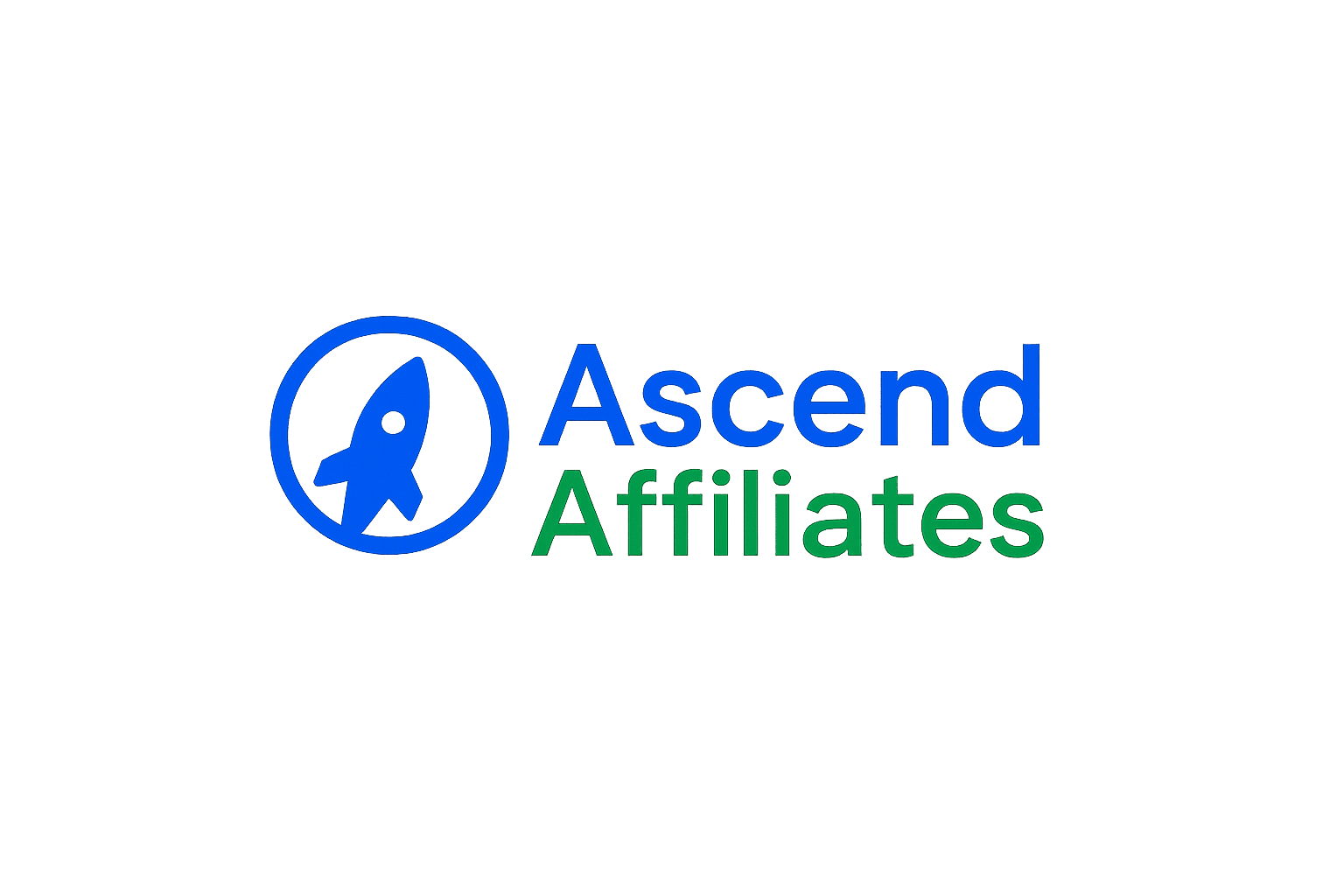Choosing the right tools for your SaaS business is crucial for streamlining operations, improving efficiency, and scaling effectively. With so many options available, it’s important to choose a SaaS tech stack that meets your business needs without becoming bloated. This guide will walk you through the essential tools every SaaS team needs, how to choose the right ones, and best practices to optimize your tech stack.
Core Tools Every SaaS Team Needs for Success
Your SaaS tech stack should include essential tools that support key business functions. Here’s a breakdown of the core tools your team needs:
CRM Platforms
A CRM platform like HubSpot or Salesforce is essential for tracking customer relationships, managing leads, and automating follow-up communications. These tools centralize all customer data, ensuring you never miss an opportunity to engage with your audience.
Marketing Automation
Marketing automation platforms such as Marketo or ActiveCampaign save your team hours by automating tasks like email campaigns, lead nurturing, and customer segmentation. These tools also allow for targeted, personalized communication with prospects and customers, improving conversion rates.
Product Analytics
Tools like Mixpanel or Amplitude provide deep insights into how customers interact with your product. These tools help track usage patterns, retention rates, and user behavior, allowing you to make informed decisions about product development and feature improvements.
Customer Success Tools
Solutions like Gainsight or ChurnZero help monitor customer health, track usage patterns, and identify at-risk accounts. These tools are crucial for reducing churn and ensuring that your customers stay engaged and satisfied long-term.
Integrations
Integration platforms like Zapier and Segment connect your tools, ensuring smooth data flow and avoiding silos. These platforms make it easier to integrate your CRM, marketing automation, product analytics, and customer success tools without needing complex custom coding.
How to Choose the Right Tech Stack for Your SaaS Business
Choosing the right tools for your SaaS business requires careful consideration. Here are a few steps to guide you in building a successful tech stack:
- Start with Essential Tools: Choose tools that align with your immediate business needs. A CRM, marketing automation, and basic analytics tools should be your starting point.
- Ensure Integration Capabilities: Look for tools that integrate seamlessly with each other. A well-integrated stack reduces manual work and improves data consistency.
- Focus on Scalability: Select tools that will scale with your business. As your needs grow, your tech stack should be flexible enough to accommodate new features, increased data, and expanding teams.
- Seek Team Feedback: Involve your team in the selection process to ensure the tools align with their workflows and requirements. This helps ensure smooth adoption and usage across departments.
Best Practices for Optimizing Your SaaS Tech Stack
Once you’ve selected your tools, it’s time to optimize them for maximum impact. Here are some best practices for getting the most out of your tech stack:
- Consolidate Tools: Where possible, choose tools that offer multiple functions. For example, a CRM with built-in marketing automation capabilities can save your team time and reduce tool bloat.
- Regularly Audit Your Stack: Periodically review your tools to ensure they’re still meeting your business needs. As your company grows, you may find that some tools need to be replaced or upgraded.
- Leverage Automation: Use automation to streamline repetitive tasks. Tools like Zapier can help you automate workflows, reducing manual work and the risk of human error.
- Measure and Optimize: Regularly track performance using analytics tools to identify areas for improvement. By focusing on key metrics, you can continuously optimize your stack to meet business goals.
Measuring Success in Your SaaS Tech Stack
Tracking key metrics is essential for determining whether your tech stack is delivering the results you expect. Some important metrics to monitor include:
- Lead Conversion Rate: Track how well your CRM and marketing automation tools convert leads into customers.
- Customer Retention: Monitor retention rates and churn using your customer success platform.
- Revenue Growth: Correlate product usage and customer engagement with revenue growth through your analytics tools.
- User Engagement: Measure user activity and feature usage to identify areas for improvement in product development.
Conclusion
A strong SaaS tech stack helps streamline your operations, improve efficiency, and drive growth. By carefully selecting the right tools, integrating them effectively, and optimizing for performance, you can create a tech stack that supports scalable, sustainable growth.
For more detailed guides, check out our PartnerStack Tutorials, Impact Network Tutorials, and Analytics & Tracking Tips.
FAQs: Building a High-Performing SaaS Tech Stack
1. What is a SaaS tech stack?
A SaaS tech stack is a combination of software tools used to manage different aspects of your business, such as sales, marketing, customer success, and analytics. It helps improve efficiency and supports scalability.
2. Which tools are essential for a SaaS tech stack?
The core tools include:
- CRM platforms (e.g., HubSpot, Salesforce)
- Marketing automation (e.g., Marketo, ActiveCampaign)
- Product analytics (e.g., Mixpanel, Amplitude)
- Customer success tools (e.g., Gainsight, ChurnZero)
3. How do I select the right tools for my SaaS stack?
Start by identifying the immediate needs of your business. Choose tools that integrate well with each other, and ensure they are scalable as your business grows. Get feedback from your team to ensure smooth adoption.
4. How can I integrate different tools in my tech stack?
Platforms like Zapier or Segment help integrate various tools, ensuring smooth data flow across your tech stack. Choose tools that are built with integration in mind to reduce manual effort.


